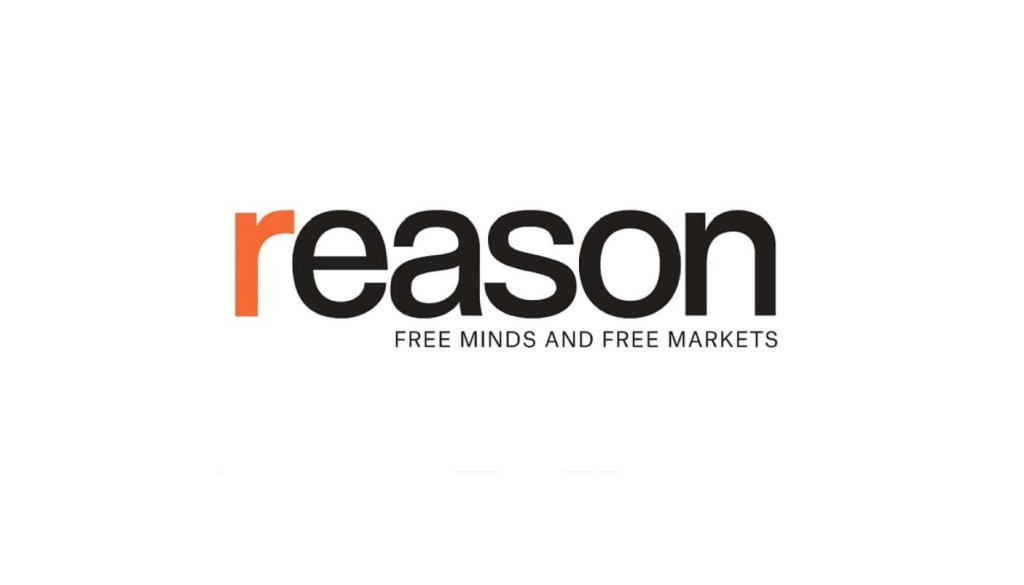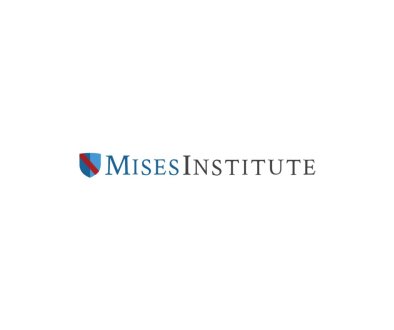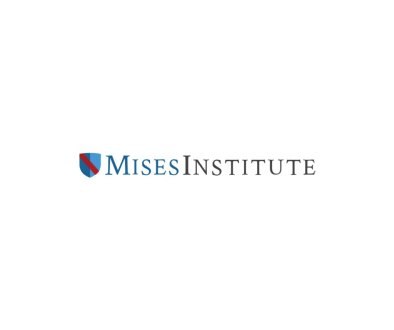What Frederick Douglass Can Still Teach Us About the Fourth of July
Frederick Douglass was born into slavery, so he never knew the exact date of his birth, only that it occurred sometime in February 1818. This means that Douglass was only thirty-four years old when he delivered one of the greatest political speeches in American history.
It was July 5, 1852. The setting was Rochester, New York’s grand Corinthian Hall, and the occasion was a celebration of American Independence. Speaking that day before the mostly white audience gathered under the auspices of the Rochester Ladies Anti-Slavery Society, Douglass delivered a Fourth of July oration that still has much to teach us today.
Douglass began his speech by singing the praises of the American Revolution, which he described as a bold and righteous cause embraced by those who “had not adopted the fashionable idea of [their] day, of the infallibility of government, and the absolute character of its acts.” Those founding patriots “were accounted in their day plotters of mischief, agitators and rebels, dangerous men,” he observed. “They were peace men; but they preferred revolution to peaceful submission to bondage.” The audience surely realized that Douglass could have been describing a radical abolitionist such as himself.
Douglass then turned to the Declaration of Independence, whose seventy-sixth birthday was at hand. The principles of liberty and equality “contained in that instrument are saving principles,” Douglass argued. “Stand by those principles,” he urged the crowd, “be true to them on all occasions, in all place
Article from Reason.com

The Reason Magazine website is a go-to destination for libertarians seeking cogent analysis, investigative reporting, and thought-provoking commentary. Championing the principles of individual freedom, limited government, and free markets, the site offers a diverse range of articles, videos, and podcasts that challenge conventional wisdom and advocate for libertarian solutions. Whether you’re interested in politics, culture, or technology, Reason provides a unique lens that prioritizes liberty and rational discourse. It’s an essential resource for those who value critical thinking and nuanced debate in the pursuit of a freer society.



